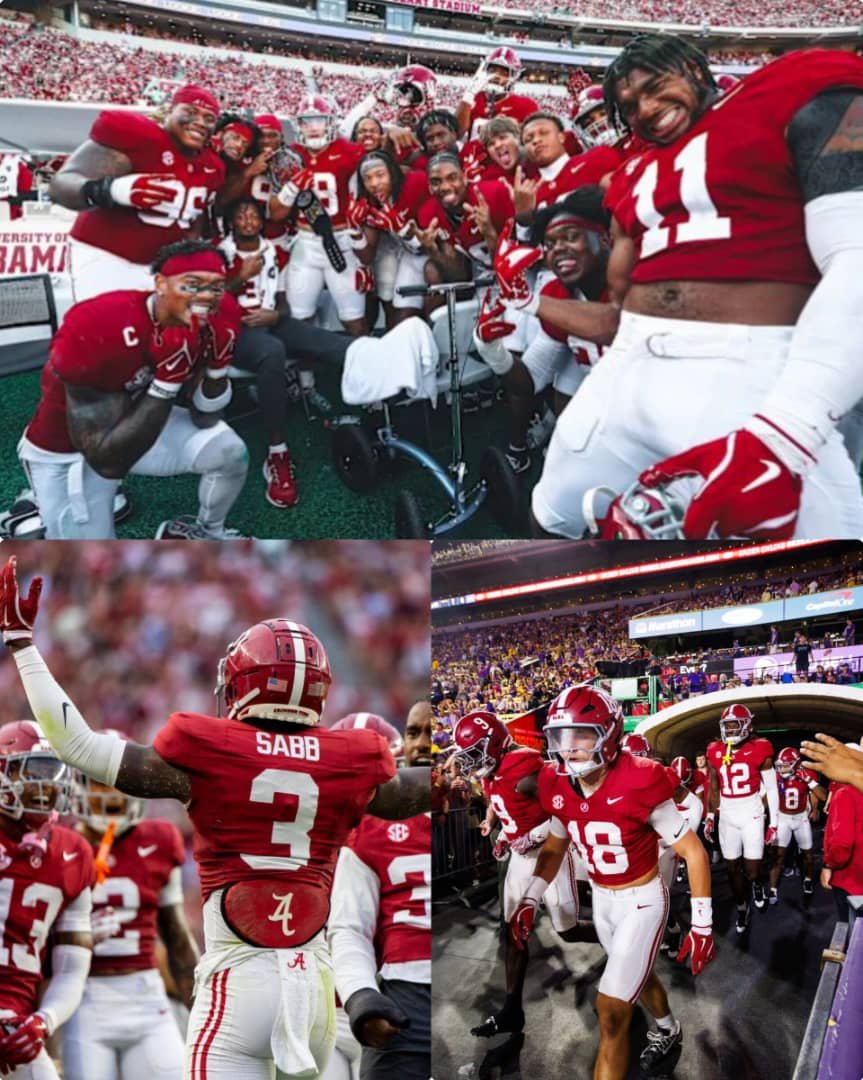Changes to the college football regulations are anticipated for 2025.
The NCAA Playing Rules Oversight Panel approved a set of rules in April that addressed injury timeouts and other related aspects of game play. John McDaid, the SEC Coordinator of Football Officials, provided a detailed explanation of the rule changes that would be implemented for Alabama football and the rest of the conference this fall during his presentation to the Associated Press Sports Editors meeting at the Alabama Sports Hall of Fame in Birmingham on Monday, May 12.
In 2025, the team with the injured player will be changed to a timeout or, if the team no longer has a timeout, a delay of game penalty. This will occur if an official timeout for injury is called after the ball is down and all officials are in position for an impending play. A team is allowed to substitute during the dead ball period, which is prompted by the timeout or delay of game penalty. McDaid clarified that a team is unable to select between a timeout and a delay of game penalty.

This rule is intended to counteract the tactics of football players who force injury timeouts in order to halt the momentum of another team or to avoid using a timeout. McDaid stated that the officials will not evaluate the severity of the injury that results in a timeout or a delay of game penalty, as they are not medical professionals.
McDaid stated, “It is a challenging issue to resolve due to its ethical implications.” “It is a matter of ethics.” And when you consider a set of playing regulations, you are not considering the fact that the officials are on the field policing ethics.
Starting with the third overtime period, each team will be granted one timeout for the remainder of the game, as opposed to one timeout for each overtime period.
John McDaid provides an explanation of the new NCAA replay language.
In 2025, college football fans will no longer be informed whether a replay judgment is “confirmed” or “stands.”
Referees will be required to determine whether a replay scenario is “upheld” or “overturned” in the upcoming season.
McDaid stated, “It is almost academic whether we confirm it or not, as long as you convince yourself that there is insufficient video evidence to overturn it.”
Additional modifications to NCAA football regulations: The implications for the Southeastern Conference
McDaid also addressed changes to punt formations where no offensive player can be in direct line of the snap to the kicker, making it more “obvious” that a kick will be made. Additionally, the “T” signal will now be legitimate to cancel a return attempt during kickoff returns.
In 2025, SEC defenses will not be able to simulate action before the snap, saying the “criteria” and “frame of judgement” will be judged “tighter,” and that a hand-clap cadence is solely reserved for offenses, with the words “shift” or “move” will be only for defenses.
Leave a Reply